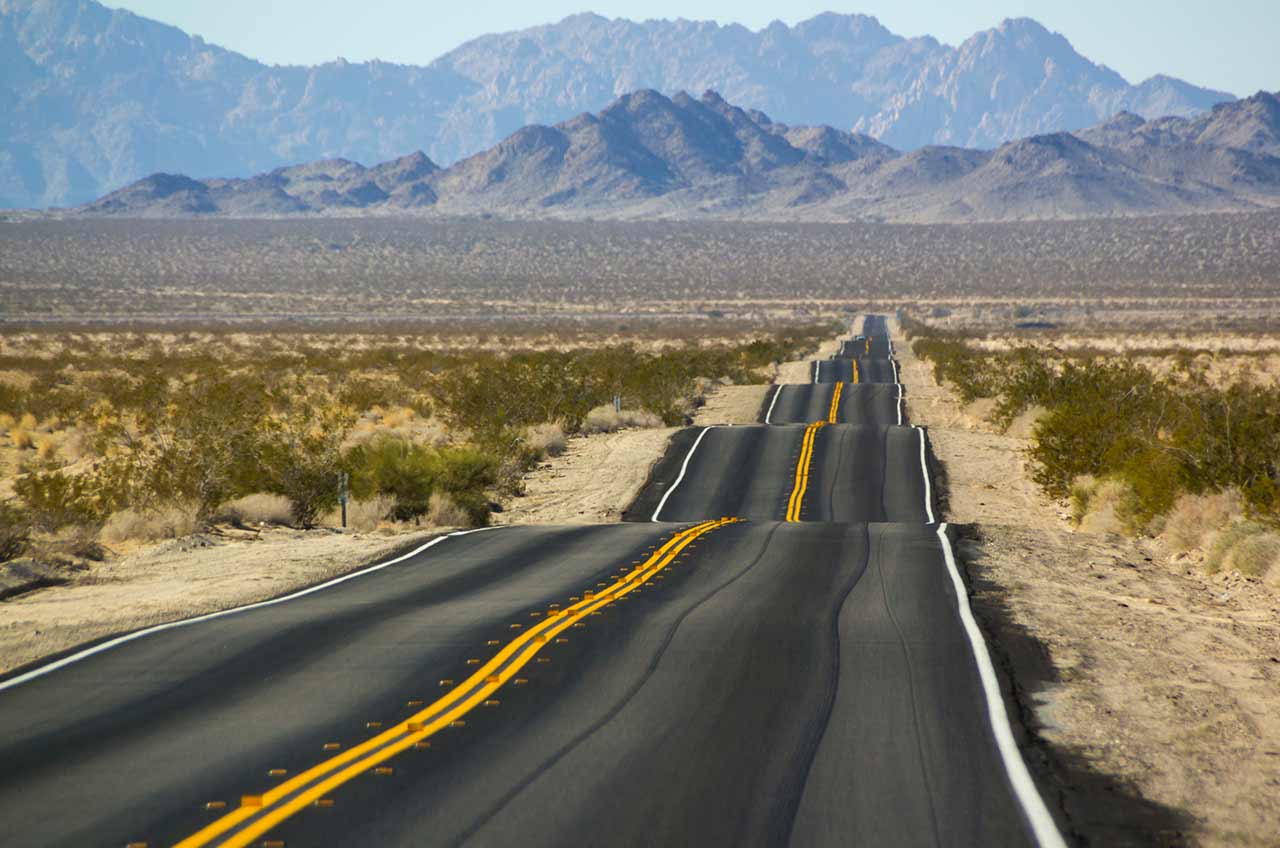
West Virginia sports betting has taken the lead in the emerging betting market, marking one year since the Professional and Amateur Sports Protection Act (PASPA) was overturned by the Supreme Court.
In addition to clearing the path for sports betting in the Mountain State, West Virginia has consistently grabbed attention with its latest news. Among the recent headlines, the legalization of online casinos in WV stood out prominently.
At present, there are three operational sportsbooks in West Virginia.
- Charles Town Races at Hollywood Casino
- The establishment known as Mountaineer Casino, Racetrack & Resort
- The Greenbrier’s Casino Club
Looking back, it has been a thrilling year in the Mountain State, with the court ruling and the introduction of legal wagering.
What did PASPA actually do?
In 1992, the law was put into effect with the intention of providing a clear definition for sports gambling within the United States.
Essentially, the law effectively prohibited sports betting in states other than Nevada, with a few exceptions. These exceptions encompassed state lottery parlay offerings in:
- Oregon
- Delaware
- Montana
Pari-mutuel dog and horse racing, along with jai alai, were granted exemptions under the act. Additionally, states that already had casinos for a minimum of 10 years were given a one-year window to introduce sports wagering.
Former New Jersey senator and NBA player Bill Bradley sponsored the legislation, gaining strong support from the sports leagues. Eventually, President George H. W. Bush signed the bill into law.
David Stern, the ex-NBA commissioner, gave a testimony to Congress:
Federal legislation is necessary due to the significant impact of sports betting across state borders.
The legislators invoked their power to govern interstate commerce as justification for the formulation of the legislation.
Legalizing sports betting in WV and the nation
However, the legislation had the opposite outcome. Rather than reducing sports betting, it inadvertently fueled the industry’s expansion, with offshore casinos and sportsbooks gaining significant popularity. In essence, PASPA unintentionally gave rise to a thriving underground market of bookies and sportsbooks.
During that period, an increasing number of states, including West Virginia, started to legalize casinos. Nonetheless, Nevada maintained its monopoly on virtual legal sports betting.
New Jersey and other states that had not passed legislation during the one-year exception period regarded PASPA as unjust. State officials contended that the law violated the 10th Amendment since it stripped away the states’ power to regulate activities that were not explicitly designated to the federal government.
In 2009, opponents of the law contended that it was discriminatory towards the 46 states that were prohibited from legalizing sports betting. New Jersey initiated the legal battle to challenge the constitutionality of the law.
In 2011, the residents of New Jersey successfully passed a state amendment that authorized sports wagering. Just a year after its approval, the state proceeded with the legal challenge and took the issue to the Supreme Court.
The state’s efforts were initially met with little optimism. However, on May 14, 2018, the court delivered a 6-3 ruling, declaring the law unconstitutional and thereby invalidating it.
West Virginia gets on the sports betting bandwagon
The ruling had a profound impact on the sports world, causing several states to follow suit and legalize sports betting in the subsequent months.
- Delaware
- New Jersey
- Mississippi
Leagues that had long been against any form of sports betting were now entering into agreements with casinos and bookmakers.
In August 2018, West Virginia joined the ranks as the fourth state to introduce sports betting. This development allowed all five of the state’s casinos to establish retail sportsbooks, while also permitting online sports betting to be offered throughout the entire state.
Due to the rural nature of West Virginia, the option of the first mobile sports betting app, BetLucky Sportsbook, from Delaware North, the operator of Mardis Gras and Wheeling Island casinos, appeared to be popular.
Initially, the mobile ball was set in motion as the company joined forces with Miomni Gaming. Despite a few drawbacks, there was pleasant growth at the beginning.
In addition, other properties forged partnerships and comprised:
- Hollywood Casino and William Hill US – a dynamic duo in the entertainment and gaming industry.
- The Greenbrier and FanDuel Sportsbook have joined forces.
- Mountaineer Casino and its partnership with William Hill US
Some setbacks and shortcomings
Despite being launched in December 2018, BetLucky still had some shortcomings. Customers expressed their dissatisfaction with certain contests not being available and the absence of some futures betting options.
Unfortunately, the app’s closing hours seemed to hinder the aspirations of those seeking round-the-clock betting, leaving bettors desiring a wagering experience similar to that of Nevada or New Jersey somewhat unsatisfied.
Nevertheless, the application appeared sufficiently intuitive for users and managed to attract a community of gamblers as the sole option available.
In March, a significant shift occurred when the app was forced to shut down due to a legal dispute involving its partner Miomni. This arose from Miomni’s lack of a license for a vital software component, which was the intellectual property of Entergaming, a European software company.
Furthermore, exacerbating the situation, the disagreement resulted in the closure of the sportsbooks at the Delaware North establishments. Individuals hoping to make bets at Mardi Gras and Wheeling Island faced disappointment, and this unfortunate circumstance persists even now.
Delaware North ultimately declared its decision to separate from and take legal action against its former partner. Additionally, the company revealed its intention to seek out a new sportsbook partner; however, it is advisable not to anticipate an immediate selection.
In January, the Justice Department introduced a new perspective on the Wire Act, further disrupting the system. According to their revised interpretation, the law is now believed to encompass more than just sports betting.
Efforts to establish online gaming, including sports betting, in West Virginia faced obstacles and skepticism regarding the sustainability of the Department of Justice’s ruling.
Expanding the betting market
In March, West Virginia gave its approval for online gaming, disregarding the Wire Act controversy. The state plans to offer the same range of games as those found in physical casinos.
- Slots
- Poker
- Blackjack
- Roulette
When it comes to online gaming, WV is ahead of the game thanks to its legislation and the potential of interstate gaming compacts.
Many bettors in the state have been extremely frustrated due to the absence of a mobile sports betting app. The closure of BetLucky has resulted in a significant decrease in the amount of bets placed in the following months.
The recent announcement by the lottery commission granting five licenses to online sports betting operators brings a glimmer of hope on the horizon.
Included in the list are several renowned companies.
In recent months, DraftKings has displayed the greatest inclination towards entering the market. While the company is anticipated to launch in the near future, no specific date has been disclosed as of now.
Many West Virginia bettors will be delighted to witness the comeback of mobile wagering just in time for the NFL season. According to avid WV bettor Brian Giompalo, as shared with play-wv.com, this news brings immense joy.
We appreciate you bringing attention to the issue at hand. We kindly request the return of our mobile app.






